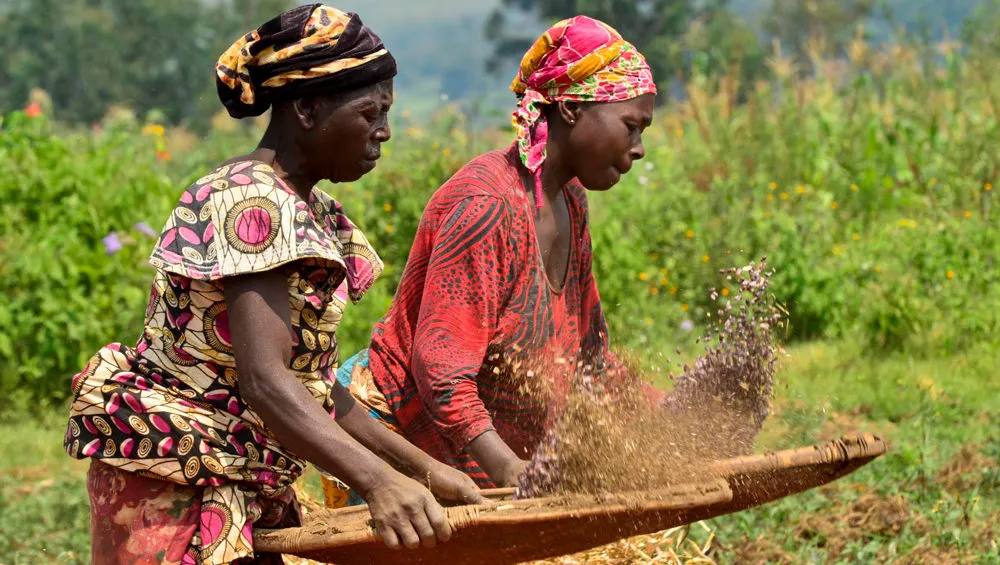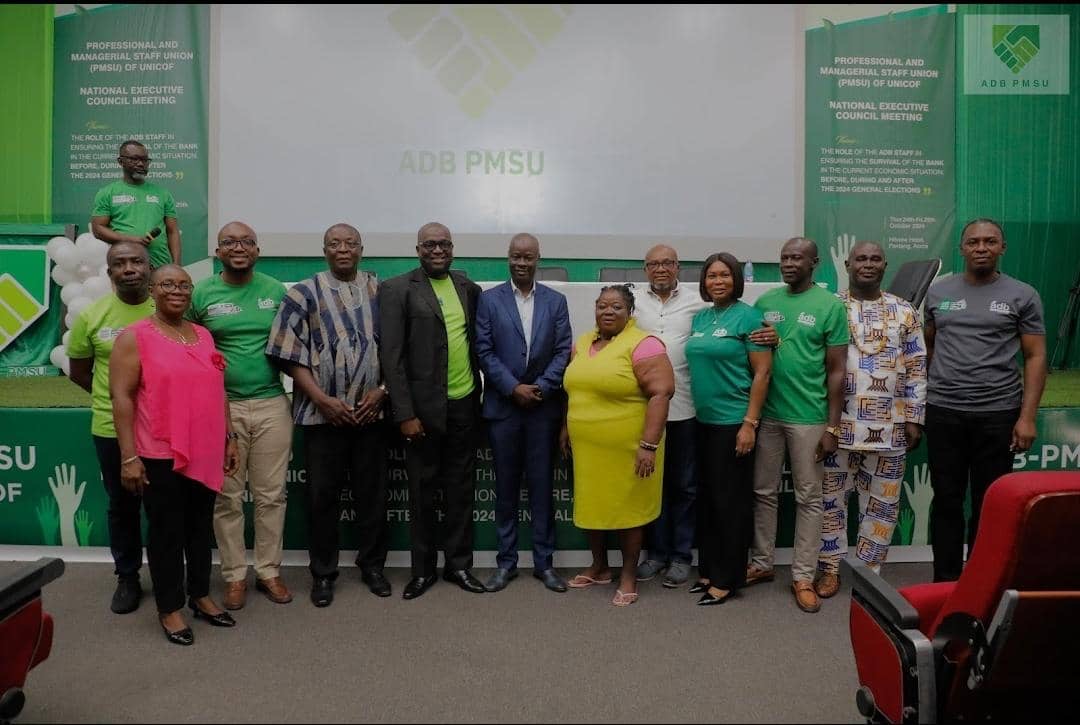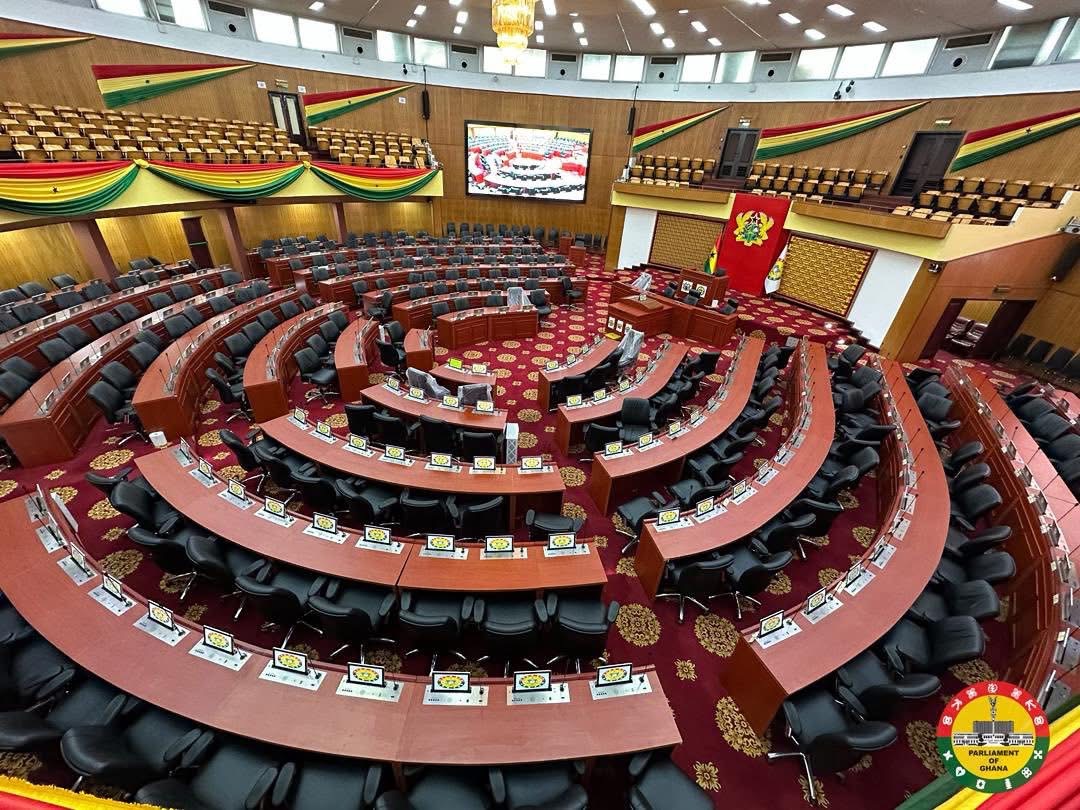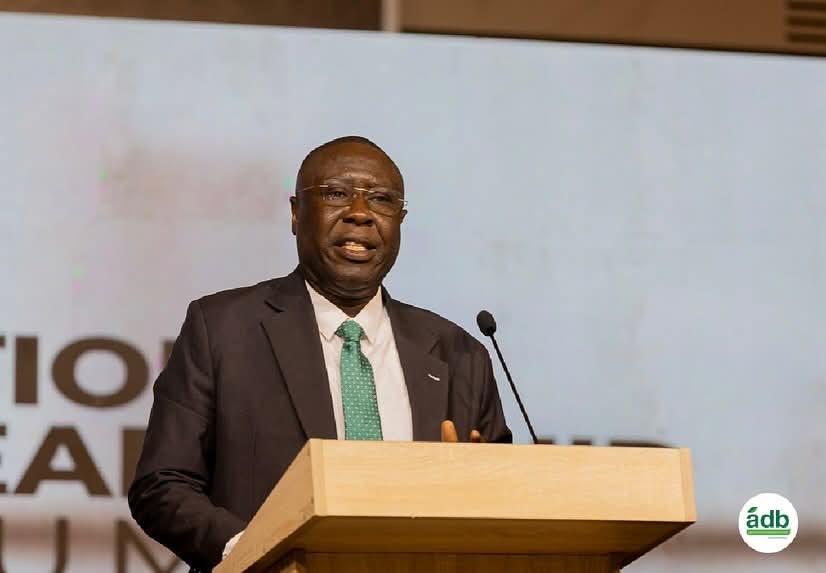Ghana’s agricultural sector is set to receive a major financial lifeline following a groundbreaking decision by the Bank of Ghana (BoG) to allow commercial banks to accept guarantees from the Ghana Incentive-Based Risk-Sharing System for Agricultural Lending (GIRSAL) as collateral for loans.
For decades, agriculture has been hailed as the backbone of Ghana’s economy, yet its growth has often been hampered by inadequate funding. Many banks have been reluctant to lend to farmers and agribusinesses, citing high risks, unpredictable yields, and the absence of reliable collateral. This longstanding challenge has left many farmers unable to access the capital needed to expand operations, invest in modern technology, or increase productivity.
The new policy marks a significant shift. By granting GIRSAL’s guarantees the status of acceptable collateral, the BoG has effectively opened the door for more structured and sustainable lending to the sector. In practice, this means that when GIRSAL provides its backing for a farmer or agribusiness, banks can now treat that guarantee as solid security, just like landed property or fixed deposits.
This development is expected to change the perception of agriculture as a “high-risk” venture, paving the way for increased financing that can drive innovation, higher yields, and improved livelihoods for farmers. Beyond boosting agricultural productivity, the ripple effects are expected to extend to job creation, food security, and overall economic stability.
Analysts say this policy could mark the beginning of a new era for Ghana’s agric sector. By addressing the long-standing issue of limited credit, the decision not only empowers farmers but also strengthens the country’s quest for self-sufficiency in food production while reducing its reliance on imports.
Indeed, with the BoG’s approval of GIRSAL guarantees as collateral, the agricultural sector may finally have the financial support it needs to fulfill its potential as the true engine of Ghana’s economic growth.









